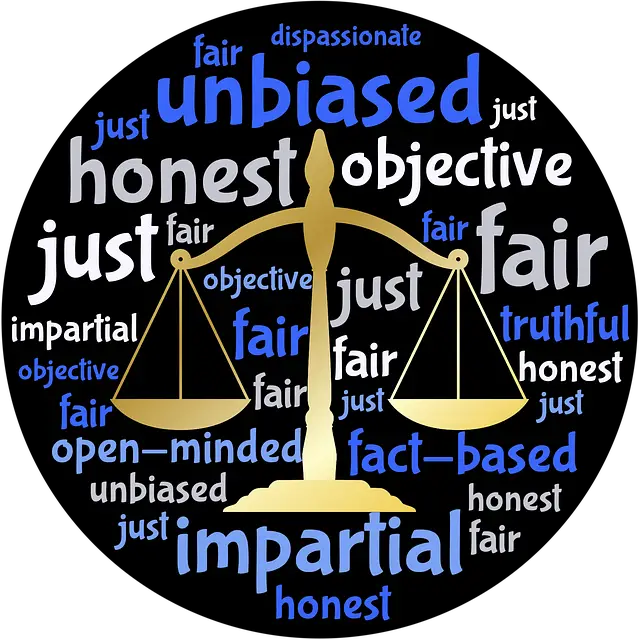Honesty and integrity are two important traits that are often used interchangeably. However, they have distinct differences that make them unique in their own way. Honesty refers to being truthful and straightforward in one’s dealings with others, while integrity involves adhering to a set of moral principles even when no one is watching.
Definition of honesty
(Photo by Brett Jordan on Unsplash )

Honesty is a quality that most of us value and strive to practice in our daily lives. Simply put, honesty means telling the truth, being transparent in one’s actions and words. Honesty involves speaking what you believe to be true without any intention of deception or manipulation.
It is essential to understand that honesty doesn’t just apply to big things like relationships or business dealings but also day-to-day situations such as admitting your mistakes or owning up when you don’t know something. Small lies can accumulate over time and erode trust between people.
Being honest takes courage because it sometimes entails facing negative consequences. However, practicing honesty consistently will build a trustworthy reputation with others and strengthen personal integrity. Moreover, being honest fosters growth by allowing for constructive criticism rather than just positive feedback.
Honesty is an integral part of our daily lives that helps cultivate strong relationships built on trust and respect while promoting personal growth through critical self-evaluation.
Definition of integrity
Integrity is a term that refers to the quality of being honest, ethical, and morally upright. It involves adhering to strong moral principles even in situations where there may be pressure to act otherwise. A person with integrity can be trusted because they consistently do what they believe is right.
Integrity goes beyond simply telling the truth or avoiding deceitful behavior. It encompasses all aspects of behavior, including how you treat others and how you conduct yourself when no one else is watching.
People with integrity are often respected for their unwavering commitment to doing what’s right, even in challenging circumstances. They inspire trust from others because they demonstrate a strong sense of accountability for their actions.
In contrast to honesty which refers specifically to truthful communication, integrity includes not only speaking honestly but also acting honorably and responsibly in all areas of life. Those who prioritize integrity above all else earn respect from those around them and lead by example through their own personal values and morals.
Honesty Vs. Integrity – Key differences
Honesty and integrity are two words that are often used interchangeably, but they have distinct differences. Honesty refers to being truthful and straightforward in one’s dealings with others. It means telling the truth even when it may be uncomfortable or inconvenient. Integrity goes beyond honesty as it is more about having strong moral principles and values that guide one’s behavior.
One can be honest without necessarily having integrity, but someone with integrity will always exhibit honesty. An example of this distinction would be a person who returns a lost item to its rightful owner out of honesty, while another individual might return the same item due to their sense of duty towards doing what is right or just.
Another key difference between honesty and integrity is that honesty is primarily focused on telling the truth whereas integrity encompasses all aspects of behavior including fairness, consistency, dependability and accountability.
To put it simply – honesty may refer to speaking the truth while integrity refers to living by those truths consistently in every aspect of life. In other words, if you’re honest only some of the time you lack consistency which means you don’t have complete integrity.
Though both terms seem similar at first glance – they carry distinct meanings when examined closely. Understanding these subtle yet crucial differences will help us lead better lives personally as well as professionally where ethical standards hold great importance today than ever before!
Examples of honesty
Honesty is the foundation of trust and forms the basis for strong relationships. It involves being truthful in all aspects, whether it’s personal or professional life. Here are some examples of honesty that can help you understand its significance better.
In personal life, a simple example of honesty would be admitting your mistakes. It takes courage to accept your faults and apologize for them. If you lie or make excuses instead, it will only lead to distrust and resentment between you and others.
Similarly, in professional life, honesty plays an essential role as well. For instance, if a company makes a mistake with their product or service, owning up to the issue honestly can help maintain customer loyalty and satisfaction.
Another example of honesty is sticking to your values even when it may not seem like the popular choice. Being true to yourself and your beliefs is always appreciated by those around you because they know where they stand with you.
Moreover, honest communication goes beyond just speaking truthfully but also involves actively listening without judgment or interruption.
These are just some examples that demonstrate how important honesty is in our daily lives.
Examples of integrity
Integrity is a quality that reflects an individual’s adherence to moral and ethical principles. It encompasses honesty, reliability, transparency, and accountability in all aspects of life. Here are some examples of integrity in action:
In the workplace: An employee who always delivers on their promises, keeps confidential information secure and maintains professional boundaries with colleagues displays integrity.
In personal relationships: A person who consistently tells the truth even when it may be difficult or uncomfortable shows integrity. They also respect others’ feelings by keeping their word and following through on commitments.
In finances: Someone who manages their finances responsibly by paying bills on time, avoiding unnecessary debt, making informed investment decisions demonstrates financial integrity.
In leadership: Leaders who lead by example show integrity by being honest about challenges faced by their team while maintaining high standards for themselves as well as those they supervise.
A person with integrity acts ethically not only because it benefits them but because it is consistent with what they believe to be right.
Why it is important to have both honesty and integrity?
Having both honesty and integrity is crucial in building trust, credibility, and a good reputation. Honesty refers to being truthful in one’s words and actions while integrity is about doing what is right even when no one is watching.
When someone has only honesty, they may tell the truth but they might not necessarily do the right thing. On the other hand, those with only integrity may always do what’s right but could be dishonest about it. Therefore having both of these traits are essential in leading an ethical lifestyle.
People who possess these qualities are more likely to be trusted by their colleagues or friends as well as gaining respect from others around them. They tend to have strong work ethics because they don’t cut corners or cheat on tasks assigned to them.
In addition to that, when you possess these qualities; it becomes easier for you to maintain healthy relationships with people around you since your character speaks for itself resulting in stronger bonds built over time.
Having both honesty and integrity will give anyone a sense of purpose and fulfillment knowing that they are living ethically which can lead them towards success while also upholding their values at all times.
What are characteristics of honesty?
When we talk about honesty, it’s important to understand the different characteristics that define this virtue. Honesty is not only about telling the truth but also encompasses other essential traits that make an individual trustworthy and reliable.
One of the most crucial aspects of honesty is transparency. Being transparent means that you are open and honest in your communication with others, and there are no hidden agendas or ulterior motives behind your actions.
Another characteristic of honesty is accountability. When you take responsibility for your mistakes and own up to them, it shows a high level of integrity. This helps build trust with those around you as they know they can count on you to be truthful even when things go wrong.
Integrity is another significant component of honesty. Having integrity means adhering to principles such as fairness, respectfulness, reliability, and sincerity at all times regardless if someone is watching or not.
Being consistent in behavior across all aspects of life demonstrates sincerity towards one’s core values which translates into building relationships based on mutual trust and respect.
In conclusion understanding the various facets associated with character builds a foundation for people who place importance on credibility through their words and action; creating more meaningful connections based upon shared values instead superficial ones built from lying or deceitful intentions








